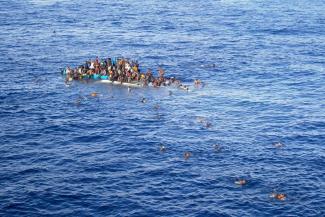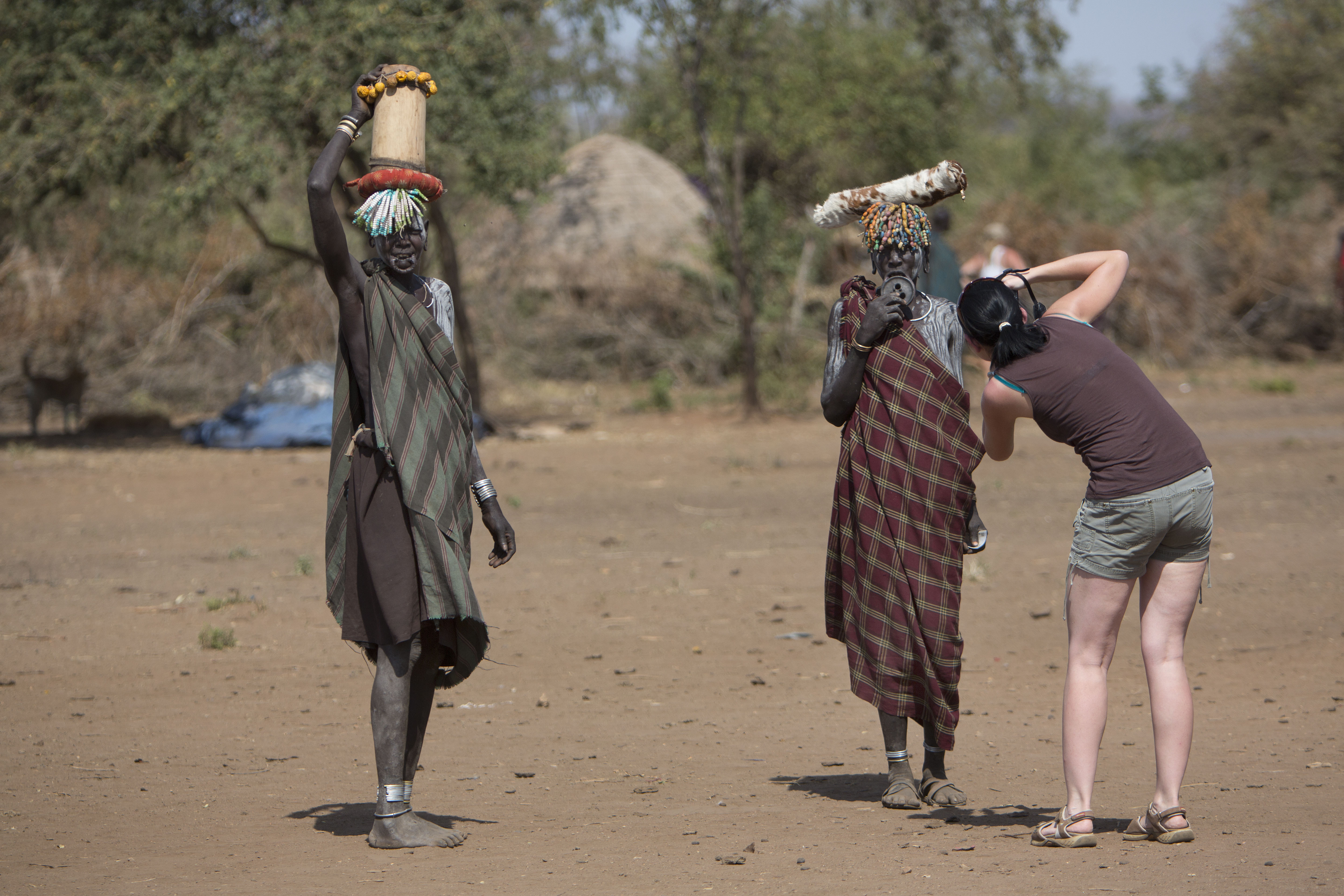Summer special
Longing for a better life

Laid out in the morgue in Tangier are the corpses that the sea has surrendered. The government official enters the room and erupts in an angry tirade: “The whole of Morocco needs to see this tragedy (...) That’s enough! Basta! It can’t go on! It has to stop. Morocco is losing its youth, its sap (...) We need to seal the borders!”
But even increasingly impermeable borders will not extinguish dreams of a better life. Anyone who sees no future in their own country and has no job prospects despite a university degree will look for other ways to escape poverty.
Every evening, young men sit in cafés in Tangier, drinking tea, sharing hash pipes, staring out to sea. They are just about 30 kilometres from the Spanish coast. On clear nights, they see European shore lights. To them, Spain is the projection of their dreams, the promised land.
Azel, the novel’s central character, is determined to make it to Europe. Even the death of Noureddine, his cousin and friend, does not deter him. Noureddine just drowned along with 20 other refugees trying to reach Europe. Azel is a handsome young law graduate, whose full name is Azz el Arab (“Pride of the Arabs”) and who is frustrated because he has no work. In spite of his university degree, he sees no chances in Morocco.
He is a violent young man and ends up in prison a few times. The author describes how leaving the country becomes his obsession, a kind of madness that eats at him day and night, a curse. Azel resents the country that does not provide opportunities to its young generation, and only sometimes imagines himself returning as a rich man, perhaps, one day.
Azel has three options:
- to trust the people smugglers, who will pocket his savings without guaranteeing the crossing,
- to join Islamist extremists, who took his friend Mohamed-Larbi to a training camp in Pakistan, or
- to find a rich European benefactor.
When he runs into the 60-year-old homosexual gallerist Miguel, he decides to go for the last option.
Miguel falls in love with Azel, arranges papers for him and takes him to Barcelona. Miguel even converts to Islam and agrees to a marriage of convenience with Azel’s sister Kenza, so she will have the chance of a better life in Europe too. The price Azel pays is to become Miguel’s lover.
Azel does not find the happiness he dreamed of. He sinks deeper and deeper into an inexorable depression. He feels the relationship with Miguel robs him of his masculinity and dignity. He cheats on Miguel and steals from him, whereupon Miguel throws him out. Azel, who left behind a hell of poverty, corruption and humiliation in Morocco, now finds himself in another hell, one of isolation, prostitution and shame. Azel turns to drugs and alcohol, becoming a dealer. When he is caught by the police, he offers to become an informer to avoid being deported to Morocco. He betrays an extremist radical who is recruiting fighters.
Everyone has the right to an adequate standard of living. That is enshrined in Article 25 of the United Nations Universal Declaration of Human Rights. But a growing number of people are denied that right. Many fight to make their dream of a better life come true, and in many cases they fail. The novel “Leaving Tangier” is set in the 1990s. Sadly, it is every bit as relevant today as it was then.
Born in 1944 in Fez, Tahar Ben Jelloun is regarded as a bridge-builder for intercultural dialogue and one of the foremost figures in francophone Maghreb literature.
Dagmar Wolf
Link:
Tahar Ben Jelloun’s Website (in French):
http://www.taharbenjelloun.org
Literature:
Tahar Ben Jelloun, 2009: Leaving Tangier. London: Penguin.
French: 2005: Partir. Paris: Éditions Gallimard.













